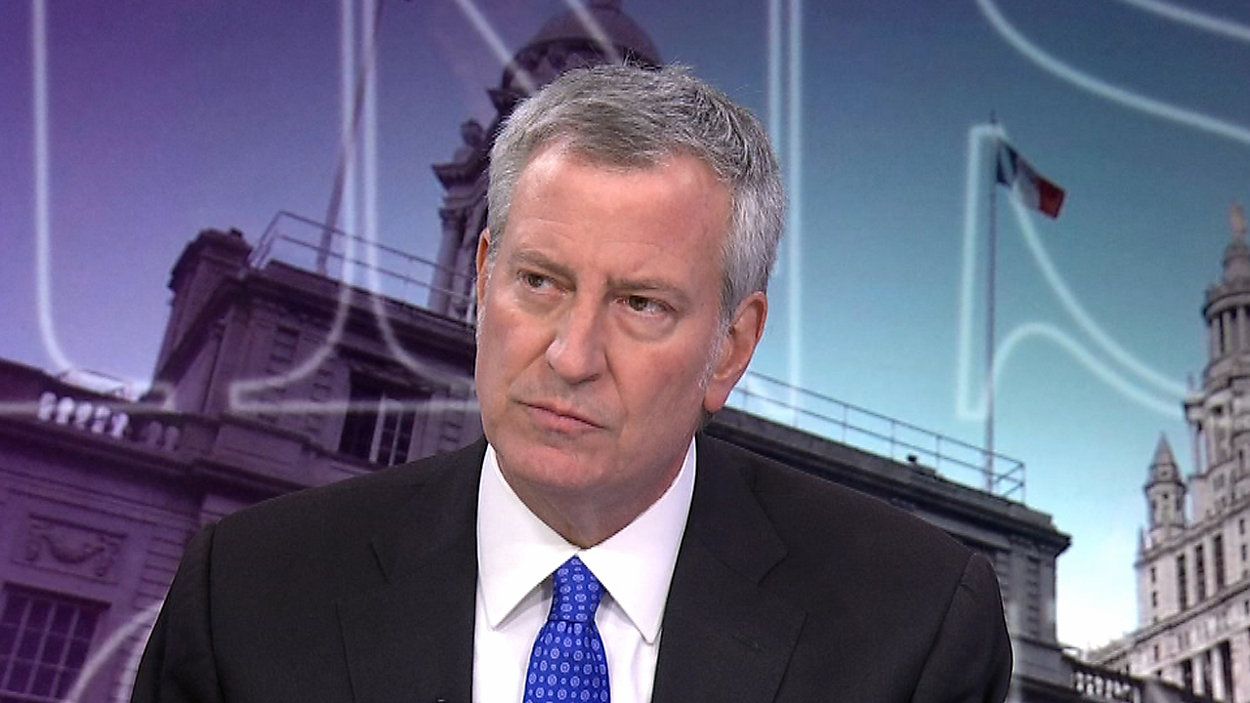We interrupt your Monday-morning reflections about the Super Bowl, impeachment, and the Iowa presidential caucuses to tackle a far-sexier topic: property taxes.
Wait, hear me out! If you’re really concerned about inequities in society and thoughtfully nod along with the mayor whenever he starts talking about “a tale of two cities,” there’s no better place to start than looking at how hundreds of thousands of New Yorkers pay property taxes on their homes, apartments and condos.
In what amounted to a Thursday night news dump, a special city task force last week issued a long-awaited report that looks at the city’s complicated and convoluted property tax system. Under the current regulations, a million-dollar home in Bay Ridge is likely getting taxed far more than a million-dollar apartment in Manhattan.
And there’s no better example of someone benefiting from the current system than Mayor de Blasio. The city’s progressive standard bearer owns two houses in Park Slope that are roughly worth a combined $3.7 million, and he pays about $9,000 in taxes for them. Contrast that with a Bronx woman who’s paying more than $5,000 a year on taxes on her home that’s worth just $584,000.
The major culprit in this crooked equation is a cap that won’t allow a property tax bill to go up more than 6% in one year or 20% over five years. Because of the cap, residents in rapidly gentrifying neighborhoods are paying taxes at a lower rate than New Yorkers in neighborhoods that are poorer or where the real-estate market isn’t soaring as quickly.
The task force wants to pop that cap, meaning that some New Yorkers would be getting a tax cut while others would see their bill soar.
In his weekly interview on WNYC on Friday, the mayor sounded more than willing to pay his share.
“I'm comfortable with fair is fair and if it means I pay more in property tax, that's OK,” said the mayor.
But if the mayor really wants to change the tax bills for 90 percent of the city’s property owners, he’s going to have to put his money where his mouth is and push city and state lawmakers to fix the system. It won’t be a light push because for every winner, there will also be a loser, potentially creating a massive debate between residents in neighborhoods that are benefiting from the current system and other residents in other neighborhoods who are essentially getting overcharged.
Being term-limited out of office is actually an ideal situation for de Blasio to try to fix things. Angry Park Slopers can show up outside Gracie Mansion with pitchforks and a heftier tax bill, but they can’t vote the mayor out of his job. He may be sad he’s not in Des Moines tonight, but de Blasio still has almost two more years to make progress -- starting with his two homes.
For more of Bob's columns, visit the NY1 Political Buzz homepage.
SIGN UP FOR OUR POLITICAL NEWSLETTER:



